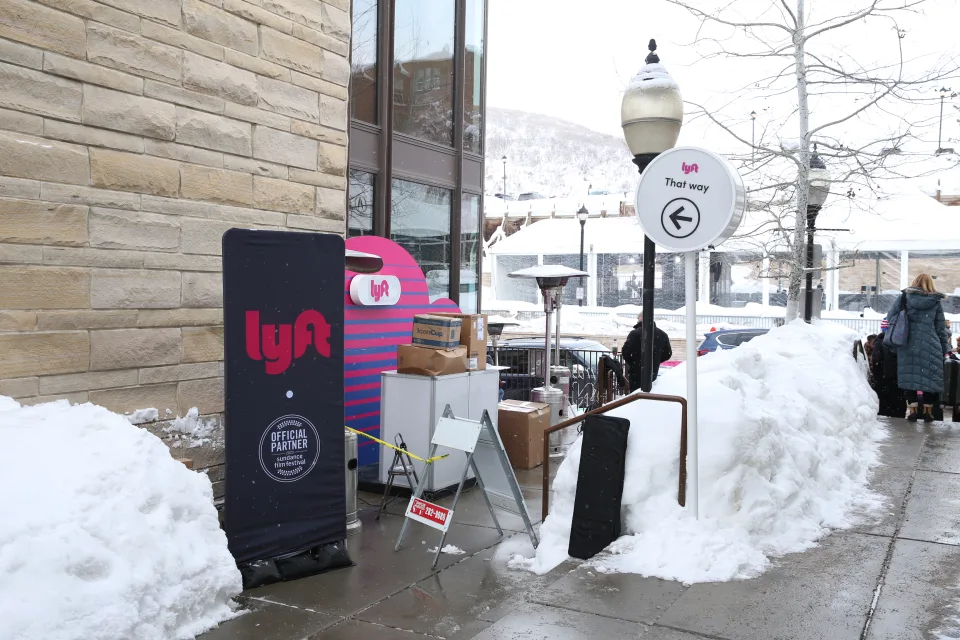Lyft (LYFT) stock fell by more than 36% on Friday after the company’s Q4 earnings disappointed investors.
The ride-hailing company missed its Q1 2023 guidance, despite signs of recovery in the rideshare market, and Lyft was downgraded by a number of analysts this morning. One of those analysts, Doug Anmuth of JPMorgan, dropped the company’s price target from $29 to $15 and its rating from Overweight to Neutral.
“Our positive thesis on Lyft had been based on post-pandemic recovery combined with an accelerated shift to profit through cost rationalization,” he wrote on Feb. 10. “However, rideshare is now approaching full recovery in the U.S., but Lyft is not.”
Anmuth, who’s written in the past about his concerns over Lyft’s ability to fully compete with Uber (UBER), added that those worries haven’t subsided after yesterday’s earnings report – if anything, they’ve grown.
“We are concerned that it has become more difficult for Lyft to operate in a normalized environment, and we believe that Uber’s network and scale benefits are increasingly weighing on Lyft’s execution,” he wrote in his note to investors.
‘A top 3 worst call’
Information provided on company’s earnings call isn’t lifting investor sentiment either.
“In 22 years on the Street as a tech analyst we have listened to 1,000s of conference calls with many highs and lows,” Wedbush analyst Dan Ives wrote on Feb. 10. “Last night’s Lyft call was a Top 3 worst call we have ever heard as in our opinion as management is trying to play darts blindfolded with the expense structure going forward and gave an EBITDA outlook which was a debacle for the ages.”
Ives also downgraded Lyft this morning, from Outperform to Neutral, and slashed the company’s price target from $17 to $13.
Lyft co-founder and CEO Logan Green discussed the company’s Q1 2023 revenue guidance miss in yesterday’s earnings call, saying that factors like pricing and seasonality are “putting pressure on both revenue and adjusted EBITDA relative to Q4.”
“As we’ve shared before, our business faces pressures in the first quarter of the year, both in terms of rideshare, as well as bikes and scooters related to colder weather,” he told analysts. Though Green emphasized that the rideshare market hasn’t yet recovered on the West Coast as much as it has on the East, he acknowledged the market is shifting.
“We saw important tailwinds in rideshare, including strong demand and more drivers organically using Lyft,” he said. “Revenue was the highest in our company’s history, and our results beat our outlook on every metric, excluding the action we took to strengthen our insurance reserves.”

